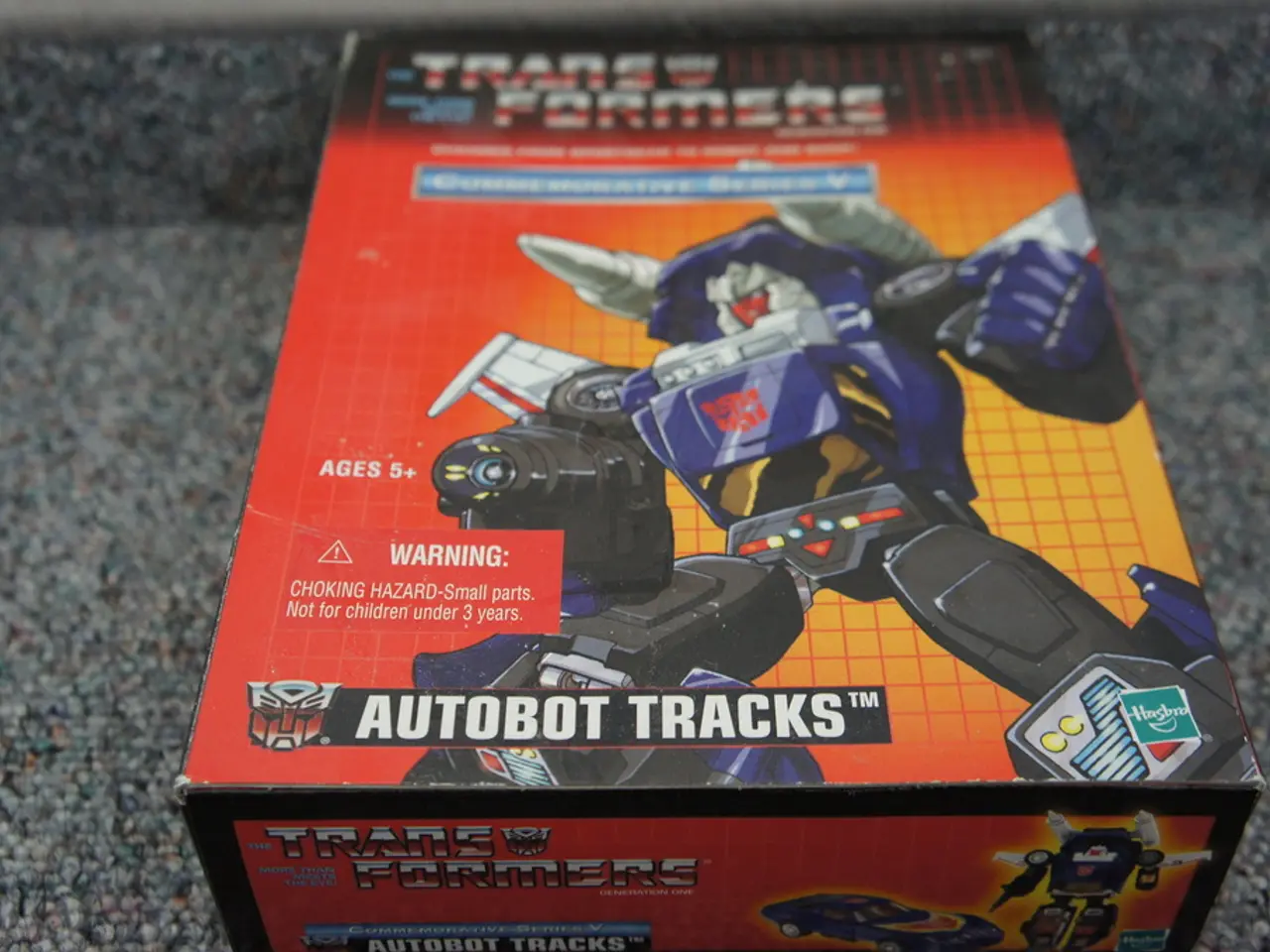Expanded AI Integration in Modern Businesses Unveiled Across the Globe as Hybrid Workforces Become the Norm
A new research report by Guidant Global and Raconteur reveals a significant trend in the business world: the increasing use of specialist contractors and blended workforces. According to the study, 90% of companies plan to increase their use of specialist contractors within the next 18 months[1].
The research highlights a growing trend of blended workforces, combining internal, contingent, and external talent to meet evolving business demands and drive growth. In fact, 75% of organizations expect to blend internal and external teams within the next one to two years[1].
The need for specialist skills, rising competition for talent, and accelerating digital transformation are driving forces behind this shift. Over half (53%) of business leaders view AI as critical to their future success, while more than half of employers (54%) identify technical skills gaps as a major challenge, especially in critical areas like cybersecurity (54%) and AI (53%) [1].
The research underscores that the combination of AI adoption and workforce flexibility—blending permanent and contingent talent—is becoming a strategic priority for companies aiming to close skills gaps, respond to competitive pressures, and sustain growth in a rapidly evolving digital landscape [1].
Brian Salkowski, Chief Experience Officer at Guidant Global, emphasized that successful integration of flexible talent and AI expertise not only addresses critical skills shortages but also prepares teams for impactful delivery in an AI-guided future [1].
Simon Blockley, Chief Executive Officer at Impellam UK and Europe, emphasizes the need for businesses to act now and blend flexible and permanent talent to unlock value, drive innovation, and stay competitive in the AI era. He notes that traditional permanent workforces are no longer sufficient to keep up with fast-changing market demands and evolving business needs [1].
The findings from the Guidant Global and Raconteur research echo conversations with organizations across its global client base, indicating a clear divide between those prepared with agile, blended workforces and those risking falling behind due to skills gaps and outdated workforce models.
Leaders in workforce strategy are more likely to have formalized processes in place for skills mapping (52%), resource planning (43%), and departmental hiring (40%) [1]. In response, 58% of organizations are adapting their budget allocation processes to determine the most appropriate worker types for various roles [1].
75% of companies state that using external talent has helped address skills shortages, while also bringing niche expertise that enhances team capabilities [1]. Blended workforces, powered by flexible talent and agile workforce solutions, are critical for plugging skills gaps, driving innovation, and building the resilience needed to stay competitive in a rapidly shifting global landscape.
Flexible talent is not just filling gaps, they are passing on vital knowledge, helping organizations maintain agility, scalability, and competitive resilience. The message is clear; organizations that act now to build flexible, tech-ready teams will be best positioned to navigate complexity, drive innovation, and stay competitive in a rapidly changing world.
For more information from the Guidant Global and Raconteur research, see here.
[1] Guidant Global and Raconteur. (2023). The Shift Towards Blended Workforces and AI-Powered Teams. [Research Report]. Retrieved from https://www.raconteur.net/sponsored/the-future-of-work/the-shift-towards-blended-workforces-and-ai-powered-teams
- The study reveals that technology, particularly artificial intelligence (AI), is crucial for businesses, as 53% of business leaders consider AI as critical to their future success.
- In the digital transformation era, finance and business leaders are adapting their budget allocation processes to determine the most appropriate worker types for various roles, with 58% of organizations allocating their budgets in response to the need for flexible and external talent.




